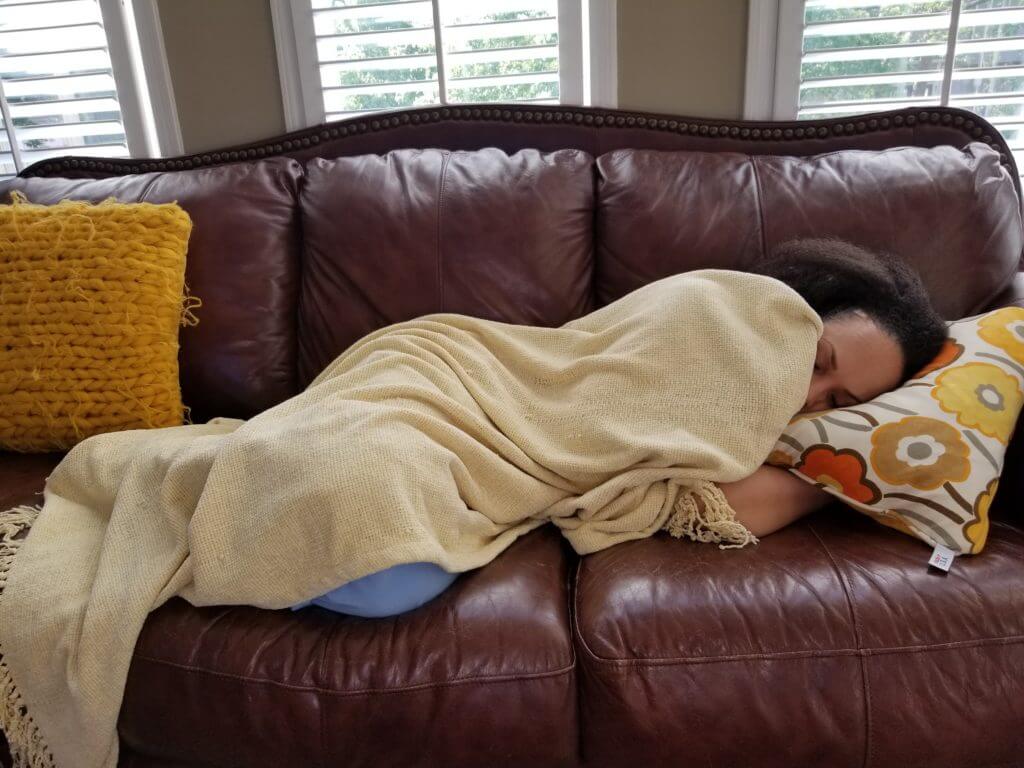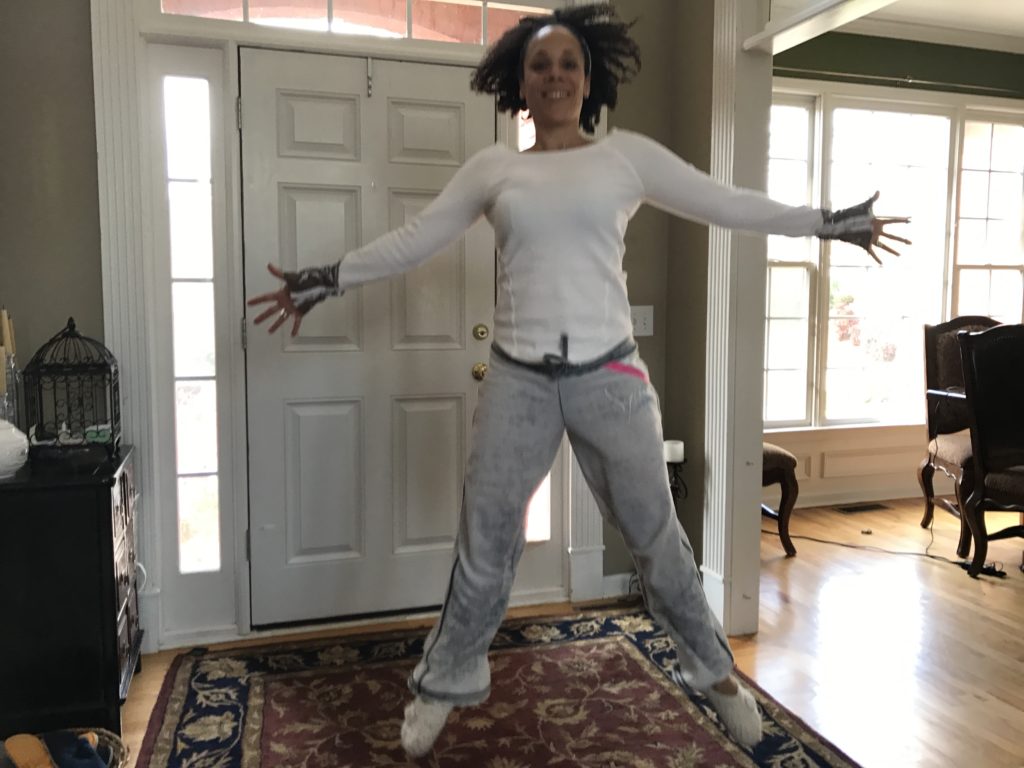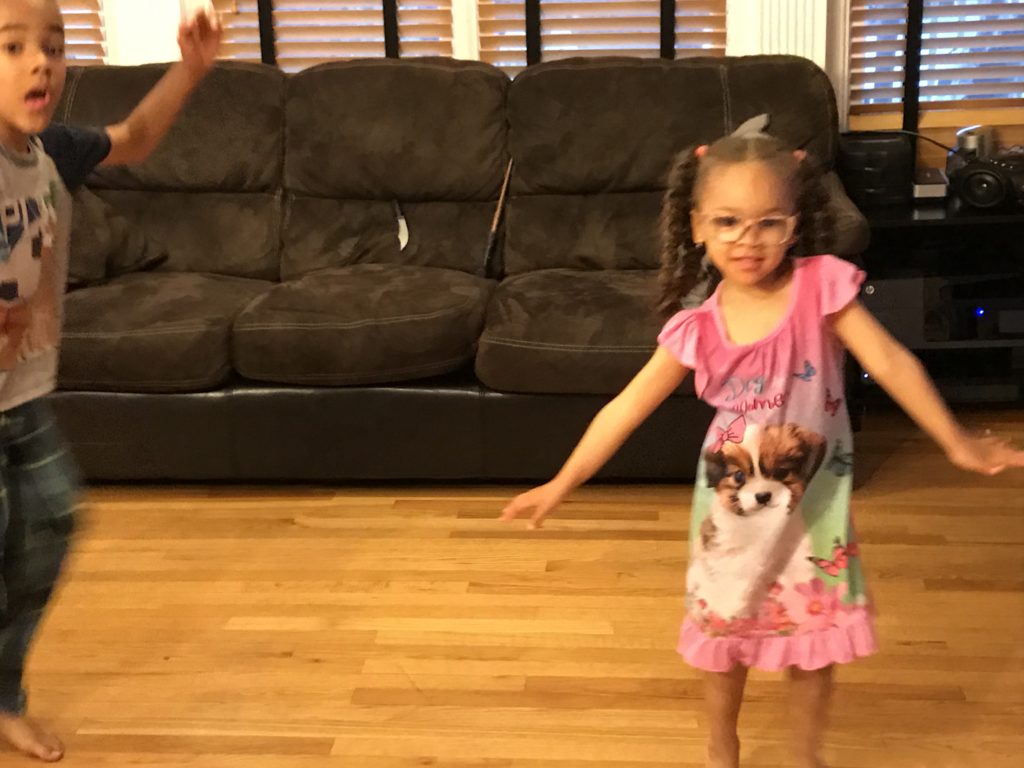I passed the Lifestyle Medicine board exam!
Whew! I wasn’t sure it was going to work out that way. When I walked out of that room, I felt less confident with every step. You know, I’ve taken lots of exams over the course of my career. Between the 22 years of school, MCAT and GRE, four years of residency, five medical board exams for my medical license and specialty, I know how to take some exams! So you’d think that after I spent the better part of 2019 preparing for this exam, I’d have felt pretty clear about whether or not I was going to pass. Well, I thought I did…
There was more to it though. Actually, I did a lot of studying. For those of you who follow me on Facebook, you saw the photo of my flashcards. I mean, I made flashcards! Lord knows I haven’t done that in forever. After the plant based conference, the many modules on nutrition and exercise and smoking cessation and stress management and more, all the evidence based studies, and a board review course, I figured I was ready.

The exam wasn’t really what I expected. I’d heard that lots of the medical studies were on the exam, so I knew those cold. I’d reviewed every test question online and on paper that I had and had consistently been scoring high. But the actual exam was different. You know that cold sweat that pops up when you start an exam and don’t know the answer to the first question? Yep, I had that. And even though I kept moving and got through all the questions in plenty of time, I still felt uncertain after question #150. But after reviewing the first 60 questions for the second time, I heard the lead proctor’s instructions in my head again, telling us to trust our first answers and not go back and change them. So I submitted the exam and packed up my computer. I figured I’d done my best, so that was it. That’s when the spiral began.
When I left the exam, I sat down to wait for my pediatrician colleague to finish the exam and drop me off at the airport. She came out ten minutes later and seemed to feel pretty confident. Of course, then I decided it must have been even worse than I thought. While I waited in the airport, I kept mulling over the questions that I hadn’t been sure of and wondering if I should have stayed longer and reviewed more of my answers. Then I decided that the exam review wasn’t very good if the questions on the exam were so different. I blamed the course for not preparing me well, and decided that if I failed (which by now I had decided was quite possible), then it was because of that course. Then I remembered that the last board exam I took was really hard and I had to retake it because I hadn’t prepared well enough was when I had little babies and was pregnant and sick for most of my study time. I now was working, have four kids, and am homeschooling them with a teacher to manage – what made me think I could devote the necessary time to studying for a medical board? If I failed, then what could I possibly have done differently? I can’t get rid of the kids and I’d already spent as much of my time and resources and I could to get ready this time. Was I going to try again in 2020 if I didn’t pass this time? What could I do differently anyway? And what about all that money I’d already spent? The more I thought about it, the worse I felt, and the more sure I was that I hadn’t passed. By the time I got home, all I wanted to do was lay on the couch and sulk.

Here’s the problem: I was preparing for the worst before it happened. Isn’t that normal? It’s a common tactic we use to steel ourselves for the pain we anticipate. I’ve been doing it for years. It seems like a good way to protect myself from the pain that I’ll feel when the hard thing happens. See if you recognize this logic: If I feel the pain of disappointment/sadness/fear now, then when it happens it won’t hurt as much. That makes sense, right? But here’s the problem: What if the hard thing doesn’t happen?
When we prepare for the worst, we’re living in one possible future. There are a few problems with that. One, that future may not happen. We actually don’t know. But while we prepare our minds for that future as if it’s real, we are actually living the pain of that future without even being there. Two, we’re not experiencing now if we’re focused on the hard thing that may be coming in the future. Yes, the hard thing might happen, but it’s not here now and we’ve lost the good time that we’re in currently if we are focused on the hard thing that might happen. I could have chosen to feel accomplished in completing the exam, in the year of work I’d done, in the space that I now had to do other things I’d been putting off. All those options were available to me, but I chose to fall into the well-worn pattern of worrying about the outcome of the exam and what I’d do if it was poor long before I knew what the result actually was. Three, if the future I’ve prepared for doesn’t happen, then I tortured myself with fear and anxiety for no reason. I lost the current moment that actually could have been good to keep myself sad so that the disappointment wouldn’t feel as heavy when it came. But it didn’t come.
The worst thing about this is that when we do this, we don’t experience the fullness of our emotions, the breadth of our human experience. That means that because we practice blunting our response to hard times so we save ourselves from some pain, we also don’t feel the fullness of the joy and beauty and excitement in our lives. When we practice the worst cast scenario in our minds over and over, then when a good thing is coming, we also prepare for the worst possible outcome for the good time. And the joy is also dampened. So we stay in a very narrow range of emotion to protect ourselves from the lows, but then we miss out on the highs.

The funny thing was that this was the first time I’ve done this to myself where I could see what I was doing. I’ve been practicing managing my thoughts enough that when I started down the spiral I could hear the little voice inside saying, “But you might pass! Even if you don’t, you can be happy now. You can decide what to do when you know. You don’t have to think this way.” I fought it. I didn’t really want to be miserable, but I was so averse to the pain of failure that I kept going in the thinking that was normal to me. I decided to be prepared for the worst, to steel myself against the pain.
But awareness is a practice. Even in the midst of my funk and darkness, I could see a little light. I knew there was a different way to think about this. I also know there will be more opportunities to practice – times when I’m afraid, when I may fail, when challenges arise. And next time, I want to revel in the now and live my life fully without blunting my emotions, even if some of them are painful. So, I keep practicing and managing my mind. Who knows who and what I’ll become as I grow and learn new ways to think?

Have you ever found yourself preparing for the worst and it didn’t happen? How do you keep yourself from spiraling into misery? Please share in the comments below!
